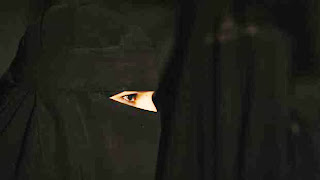Kiev mobilized troops and called up military reservists in a rapidly escalating crisis that has raised fears of a conflict. And world leaders pushed for a diplomatic solution.
In a post on his official Facebook page, Russian Prime Minister Dmitry Medvedev called the recent ouster of Ukrainian President Viktor Yanukovych a "seizure of power."
"Such a state of order will be extremely unstable," Medvedev said. "It will end with the new revolution. With new blood."
Officials said signs of Russian military intervention in Ukraine's Crimean peninsula were clear.
Russian generals led their troops to three bases in the region Sunday, demanding Ukrainian forces surrender and hand over their weapons, Vladislav Seleznyov, spokesman for the Crimean Media Center of the Ukrainian Defense Ministry, told CNN.
By late Sunday, Russian forces had "complete operational control of the Crimean Peninsula," a senior U.S. administration official said. The United States estimates there are 6,000 Russian ground and naval forces in the region, the official said.
"There is no question that they are in an occupation position -- flying in reinforcements and settling in," another senior administration official said.
Speaking by phone, Seleznyov said Russian troops had blocked access to bases but added, "There is no open confrontation between Russian and Ukrainian military forces in Crimea" and said Ukrainian troops continue to protect and serve Ukraine.
"This is a red alert. This is not a threat. This is actually a declaration of war to my country," Ukrainian interim Prime Minister Arseniy Yatsenyuk said.
From BEN Latest News
www.benlatestnews.com
ff us on twitter: @benlatestnews



















